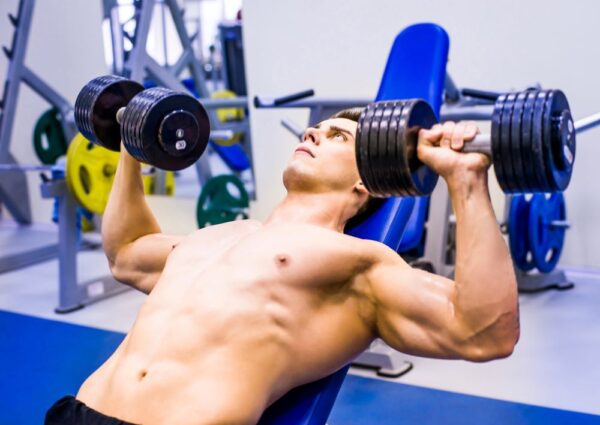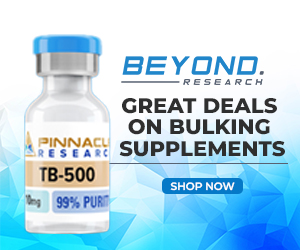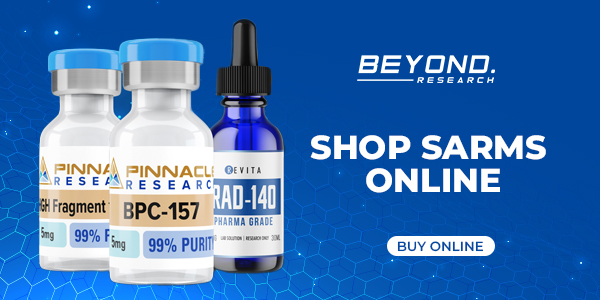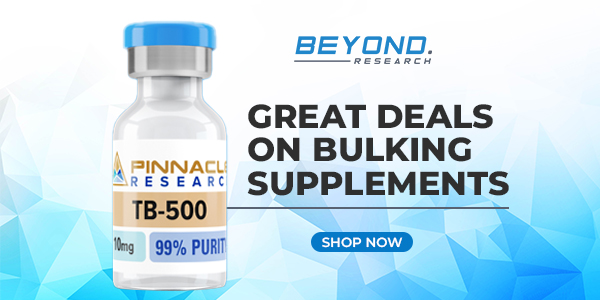Creatine is one of the most popular pre-workout supplements among athletes and gym enthusiasts. Additionally, it’s backed by abundant scientific research and evidence which confirm its safety. However, most people who have never used creatine and even some creatine enthusiasts can’t tell if creatine is natural or not. Can a beginner trainer or athlete benefit from using creatine? And can I get side effects like baldness from using creatine? Our detailed guide addresses all your questions about creatine and how you can effectively incorporate it as part of your workout routine. Is creatine natty one of the most asked questions.
What Is Creatine?
Is creatine natty? Creatine is very popular in every bodybuilding and fitness setting, but novice gym enthusiasts might need to learn what natty means. Natty is a slang term in the fitness and wellness industry, which means ‘natural’ products. When asking if creatine is natty, it is simply asking if creatine is a natural product. Natty supplements are natural products, while natty bodybuilders are those who solely depend on natural nutrition, whole foods and natty supplements. They don’t use any exogenous anabolic steroids in their bodybuilding journey.
Creatine is a reliable pre-workout supplement providing athletes with extra strength and endurance when training. It’s a naturally derived fitness supplement and isn’t enhanced with exogenous hormone production. Since creatine is natty, it doesn’t cause any side effects associated with anabolic steroids or other research compounds used by bodybuilders.
What is Creatine Natty?
Creatine is a naturally occurring substance created in the kidney and liver under natural processes involving three amino acids (methionine, glycine, and arginine). Even though you can take creatine as a supplement, it is primarily consumed through specific foods like meat (poultry, beef, or fish). When you consume meat, creatine stores high-energy phosphate groups in the body, they are stored in the form of phosphocreatine (ADP). The phosphocreatine is then converted into adenosine triphosphate (ATP). ATP is a primary carrier for energy production in the body.
Athletes and bodybuilders with high energy demand use creatine because of this energy-facilitation capability, triggering enhanced strength and endurance during training. ATP effectively absorbs and transports energy to different body cells. Thus helping in fueling high endurance and strength during high-intensity workouts.
Phosphocreatine, ATP, and ADP
During an intense workout, ATP is used up and converted into AMP (adenosine monophosphate) and ADP (adenosine diphosphate). Creatine exists in the body cells as cellular phosphocreatine, which enhances the speedy recycling of ADP back into ATP. When you consume creatine supplements, you substantially increase the levels of cellular phosphocreatine. The compound transfers high-energy phosphates from the creatine phosphate molecule to ADP, which generates ATP. Increased ATP levels in the body mean increased energy and endurance during workouts.
Aside from offering added energy and strength during intense workouts, creatine offers other health benefits to bodybuilders. The compounds improve cognitive function and reduce mental fatigue. Vegan athletes and bodybuilders greatly benefit from creatine because they can’t access the high amount of prerequisite amino acids found in seafood and meat. Meat s happen to be the primary source of creatine; hence creatine supplement gives vegetarian athletes a safer and more reliable source of creatine.
Creatine has over five hundred publications and many peer reviews backing its benefits for overall human health. These publications confirm the efficacy, tolerance and safety of creatine.
Why Is Creatine Categorized as Natural?
Most fitness and wellness industry people refer to creatine as a natural anabolic compound. The reference can be confusing, especially for novice athletes and bodybuilders, but creatine doesn’t relate to anabolic steroids.
Anabolic steroids are artificial versions of the body’s androgenic hormones, commonly the testosterone hormone. They are used with a high protein diet and resistance training to trigger speedy lean muscle growth and strength gains. When you ingest anabolic steroids, they trigger an increase in testosterone levels in the muscle cells. The testosterone hormone binds with the “intracellular androgen receptor,” increasing expressions of body genes. Thus causing more production of adenosine triphosphate.
Creatine, when used as a supplement, can substantially increase the levels of ATP, causing the body to have increased energy levels during strength and resistance training. It has different functionality compared to anabolic steroids, which cause anabolic effects. Even though creatine triggers the same effects as anabolic steroids of increasing energy and enhancing performance, it functions psychologically. Hence creatine isn’t in the same category as anabolic steroids.
Apart from that, anabolic steroids and creatine have different chemical structures. While creatine is considered a fitness supplement by the FDA, anabolic steroids are considered prescription drugs.
Creatine and Baldness or Hair Loss
Hair loss is one of the critical side effects that most people, athletes and bodybuilders face when they use fitness supplements or research compounds. Many male athletes are always skeptical about using creatine because of the rumors that creatine causes accelerated male pattern baldness. Scientific evidence shows there is no connection between creatine and baldness.
During a small study involving rugby players, creatine was observed to trigger higher levels of conversion of testosterone hormone to DHT (dihydrotestosterone). The DHT hormone is known to accelerate hair loss in men. Even though the study didn’t find any scientific link between creatine and increased levels of DHT, more focus was placed on the correct dosage. The rugby players who participated in the study were admitted to a daily dosage of 25mg of creatine, five times more than the recommended dosage of 5mg.
Male athletes who have reported accelerated hair loss caused by creatine have claimed to recover from these signs when they stop creatine supplementation. So far, there is no scientific evidence linking creatine with DHT, but athletes are highly encouraged to stick to the correct dosage to avoid oversaturating their bloodstream with the compound.
Should I Use Creatine?
Creatine is a natural fitness supplement that provides increased energy and strength, making it one of the most popular pre-workouts globally. It is an exceedingly safe and effective natural supplement. Vegan athletes will significantly benefit from specific supplementation because they can’t get creatine from meat. Apart from that, the compound is backed by plenty of scientific studies that confirm its efficacy and safety. The studies also demonstrate how creatine supplementation can enhance neurological performance and cognitive ability. If you want to increase your strength and performance while training, you should consider using creatine.
Creatine is a natty or natural supplement. Despite triggering the same results as anabolic compounds of increasing energy and performance, the supplement doesn’t cause the same side effects. The supplement isn’t only for bodybuilders but can be used by anyone looking to supplement their creatine levels and enjoy increased energy. FDA approves creatine, and you don’t need any doctor’s prescription when purchasing creatine. Taking the correct supplement dosage will ensure you don’t oversaturate the compound in your bloodstream.
Add creatine to your workout routine to enjoy increased energy and performance without side effects. Creatine will ensure you maintain an active lifestyle and improve your overall health.









